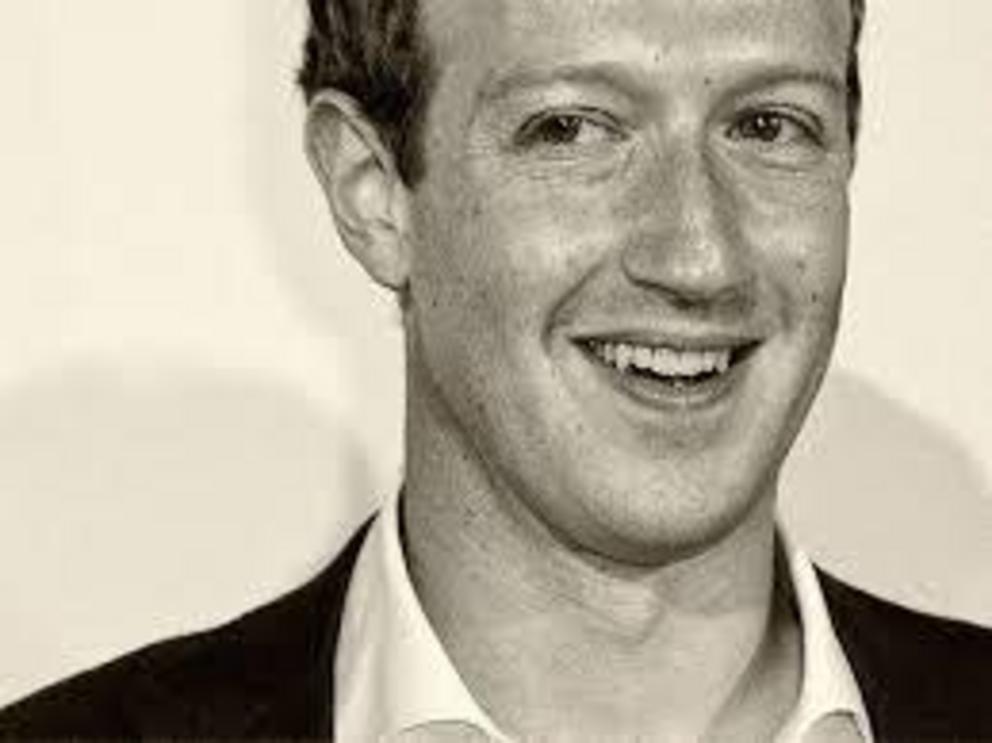US companies to decide what EU citizens can say online
Dear EU Parliament: why are you about to allow US internet companies to decide what EU citizens can say online?
from the such-a-bizarre-thing dept
We've pointed this out over and over again with regards to all of the various attempts to "regulate" the internet giants of Google and Facebook: nearly every proposal put forth to date creates a regulatory regime that Google and Facebook can totally handle. Sure, they might find it to be a nuisance, but its well within the resources of both companies to handle whatever is thrown their way. However, most other companies are then totally fucked, because they simply cannot comply in any reasonable manner. And, yet, these proposals keep coming -- and people keep celebrating them in the false belief that they will somehow "contain" the two internet giants, when the reality is that it will lock them in as the defacto dominant internet players, making it nearly impossible for upstarts and competitors to enter the market.
This seems particularly bizarre when we're talking about the EU's approach to copyright. As we've been discussing over the past few weeks, the EU Parliaments Legal Affairs Committee is about to vote on the EU Copyright Directive, that has some truly awful provisions in it -- including Article 11's link tax and Article 13's mandatory filters. The rhetoric around both of these tends to focus on just how unfair it is that Google and Facebook have so much power, and are making so much money while legacy companies (news publishers for Article 11 and recording companies for Article 13) aren't making as much as they used to.
But, as more and more people are starting to point out, if the Copyright Directive moves forward as is, it will only serve to lock in those two companies as the controllers of the internet. So why is it that the European Parliament seems hellbent on handing the internet over to American internet companies? In the link above, Cory Doctorow tries to parse out what the hell they're thinking:
These proposals will make starting new internet companies effectively impossible -- Google, Facebook, Twitter, Apple, and the other US giants will be able to negotiate favourable rates and build out the infrastructure to comply with these proposals, but no one else will. The EU's regional tech success stories -- say Seznam.cz, a successful Czech search competitor to Google -- don't have $60-100,000,000 lying around to build out their filters, and lack the leverage to extract favorable linking licenses from news sites.
If Articles 11 and 13 pass, American companies will be in charge of Europe's conversations, deciding which photos and tweets and videos can be seen by the public, and who may speak.
In a (possibly paywalled) article over at Wired looking at the Copyright Directive, Docotorow is also quoted explaining just how massively this system will be abused for censorship of EU citizens:
"Because the directive does not provide penalties for abuse – and because rightsholders will not tolerate delays between claiming copyright over a work and suppressing its public display – it will be trivial to claim copyright over key works at key moments or use bots to claim copyrights on whole corpuses.
The nature of automated systems, particularly if powerful rightsholders insist that they default to initially blocking potentially copyrighted material and then releasing it if a complaint is made, would make it easy for griefers to use copyright claims over, for example, relevant Wikipedia articles on the eve of a Greek debt-default referendum or, more generally, public domain content such as the entirety of Wikipedia or the complete works of Shakespeare.
"Making these claims will be MUCH easier than sorting them out – bots can use cloud providers all over the world to file claims, while companies like Automattic (Wordpress) or Twitter, or even projects like Wikipedia, would have to marshall vast armies to sort through the claims and remove the bad ones – and if they get it wrong and remove a legit copyright claim, they face unbelievable copyright liability."
As we noted yesterday in highlighting a new paper looking at what happened when similar laws were implemented, the increase in censorship is not an idle threat or crying wolf. It happens. Frequently.
And, yet, we still have EU politicians and supporters of the Copyright Directive -- while they complain about Google and Facebook's power over the internet -- turning around and pushing for plans that not only will lock in both of those companies as the dominant internet companies, but also forcing upon them the sole power to censor the speech of EU citizens. And they're about to vote on this in just hours and don't seem to have the first clue about what a dumb idea all of this is.

